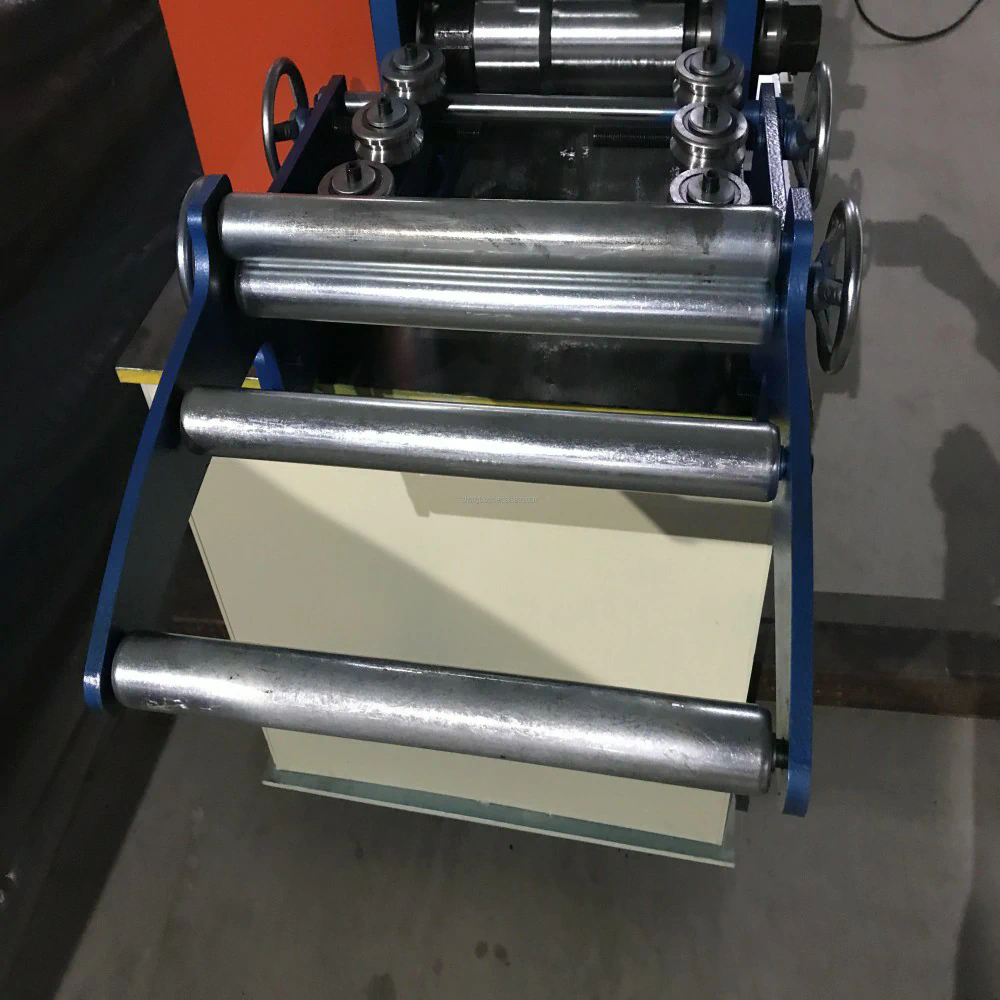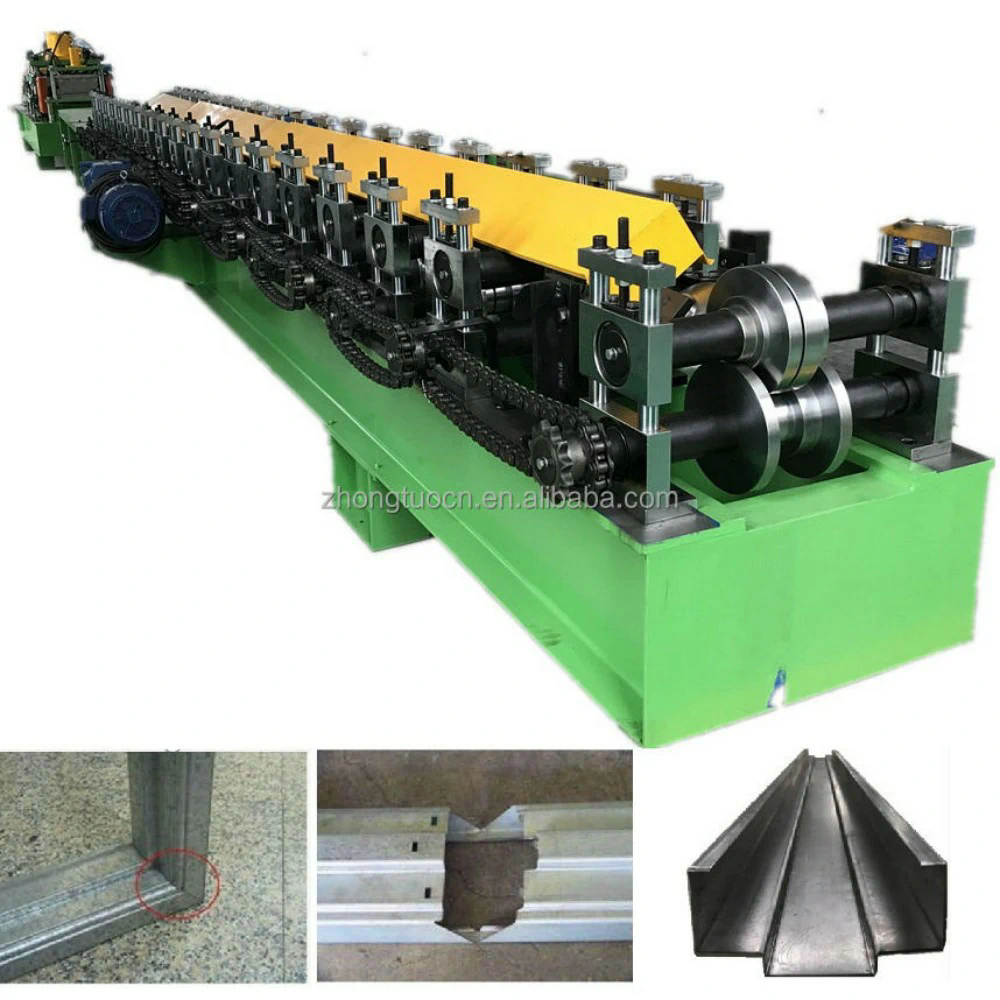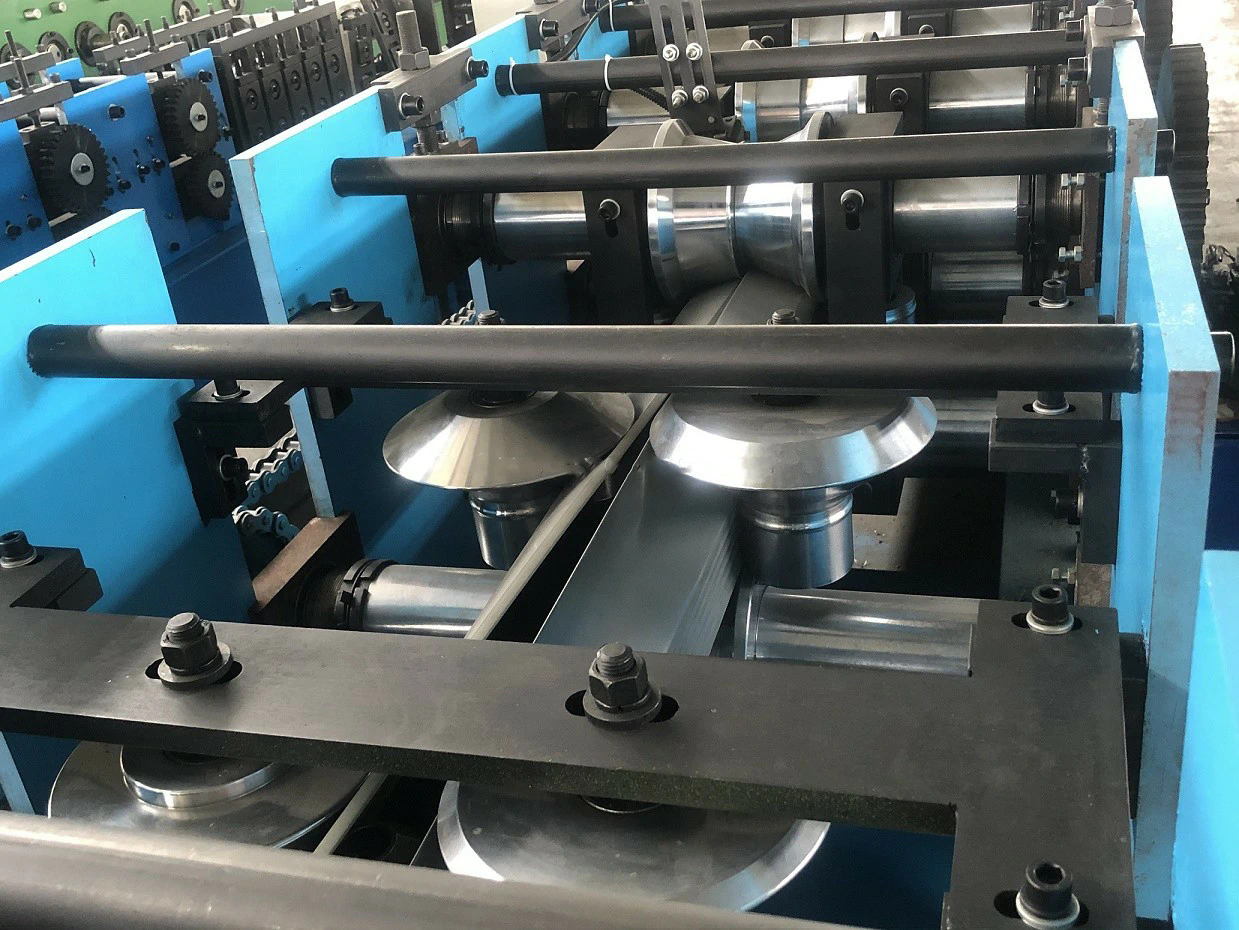Flat Racks – The Backbone of Intermodal Transport
Intermodal transport plays a crucial role in the global movement of goods, enabling seamless transfer between different modes of transportation such https://cnmtrollformingmachinery.com/ru/C_Z_Purlin_Making_Machine ibr roof sheeting machine for sale as ships, trains, and trucks. At the heart of intermodal transport are flat racks, specialized containers that provide a versatile and efficient solution for transporting oversized or irregularly shaped cargo. Flat racks serve as the backbone of intermodal transport, offering flexibility, reliability, and cost-effectiveness for shippers and logistics providers.
The Versatility of Flat Racks
One of the key advantages of flat racks is their versatility. Unlike standard shipping containers, flat racks do not have sides or roofs, allowing for easy loading and unloading of cargo from the top or sides. This makes flat racks ideal for transporting goods that are too large, bulky, or heavy to fit into traditional containers. From machinery and equipment to vehicles and industrial components, flat racks can accommodate a wide range of oversized cargo, making them a popular choice for industries such as construction, manufacturing, and energy.
Efficient Space Utilization
Flat racks are designed to maximize space utilization while ensuring the safe and secure transport of goods. By eliminating the walls and roof of a standard container, flat racks provide more flexibility in arranging cargo and optimizing the use of available space. This efficient use of space not only helps reduce shipping costs but also minimizes the environmental impact of transportation by maximizing the cargo capacity of each shipment.


Secure Transportation of Oversized Cargo
When it comes to transporting oversized cargo, security is paramount. Flat racks are equipped with lashing rings, corner fittings, and other securing mechanisms to hold cargo in place during transit. These features ensure that even the most irregularly shaped or heavy items remain stable and secure throughout the journey, reducing the risk of damage or loss. Whether it’s heavy machinery, construction materials, or project cargo, flat racks provide a safe and reliable solution for transporting oversized goods.
Intermodal Compatibility
Flat racks are designed to be compatible with various modes of transportation, making them an essential component of intermodal logistics. Whether transported by ship, rail, or truck, flat racks can be easily transferred between different modes of transport without the need to unpack and repack the cargo. This seamless interchangeability streamlines the logistics process, reduces transit times, and minimizes handling costs, making flat racks a preferred choice for shippers looking to optimize their supply chain operations.
Cost-Effective Shipping Solutions
Flat racks offer cost-effective shipping solutions for businesses looking to transport oversized or irregularly shaped cargo. By eliminating the need for specialized transport equipment or custom packaging, flat racks help reduce handling, packaging, and transportation costs. The versatility and efficiency of flat racks also enable shippers to optimize container space and consolidate shipments, further lowering overall shipping expenses. In today’s competitive business environment, cost-effective shipping solutions are essential for maintaining a competitive edge and meeting customer demand.
Sustainability and Environmental Impact

In an era of increasing environmental awareness, sustainability has become a key consideration for businesses across industries. Flat racks play a role in promoting sustainability by maximizing the use of available container space and reducing the number of shipments required to transport oversized cargo. By optimizing space utilization and minimizing empty container space, flat racks help lower carbon emissions, fuel consumption, and overall environmental impact associated with transportation. As businesses strive to adopt more sustainable practices, the use of flat racks can contribute to their efforts to reduce their carbon footprint and operate more responsibly.
Flat racks are indeed the backbone of intermodal transport, providing a versatile, efficient, and cost-effective solution for transporting oversized and irregularly shaped cargo. With their versatility, space optimization, security features, and compatibility with different modes of transportation, flat racks play a critical role in facilitating the smooth flow of goods across the global supply chain. As businesses continue to seek ways to streamline their logistics operations, maximize efficiency, and reduce costs, flat racks will remain a vital component of modern intermodal transport systems.
https://supplychaininterview.com/